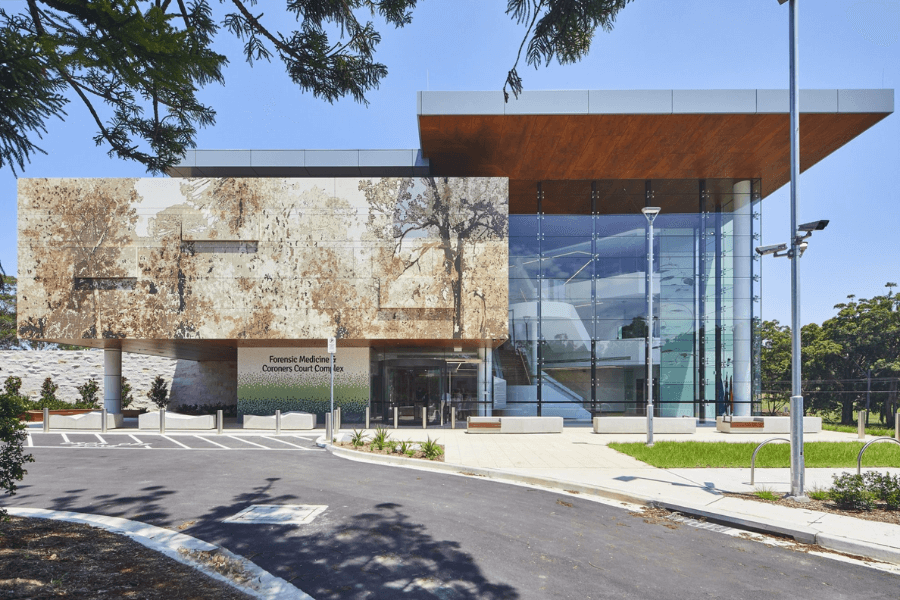Coronial Inquest and Coroner's Court | Factsheet
Coronial Inquest and Coroner's Court | Factsheet
Civil Law Factsheets
Jump To
A coronial inquest is where the Coroner considers evidence to determine a range of things that may be unknown after someone has died including:
- The identity of the deceased;
- The date and place of the death,
- The manner of death, and
- The cause of death.
At the inquest, the Coroner may call witnesses to give evidence of their knowledge of the circumstances of the death.
The NSW Coroners Court is located in Lidcombe, in Sydney’s west.

'Standing' in a Coronial Inquest
If someone has sufficient interest in the subject matter of an inquest, they may want or need to appear at the coronial inquest proceedings. This is called having ‘standing’. The types of people who may have standing are:
- A person or company with sufficient interest might be one whose reputation may be scrutinised or subject to adverse comment in a coroner’s finding, recommendations or reasons for decision; and
- Relatives of the deceased person.
A person isn’t able to just turn up to the proceedings if they think that have standing. In order to do that, they must seek approval under section 57 of the Coroners Act 2009 (‘the Act’). If this approval is granted, the person has the right to legal representation.
Witnesses in a Coronial Inquest
If a person gets leave, they, or their legal representative, may examine and cross-examine the witnesses on matters relevant to the person’s interest in the proceedings. They themselves may also be a witness. A person with standing in a coronial inquest will have the right to representation throughout the coronial inquest.
The witness may be asked questions which suggest they had done something wrong which has bearing to the death at the centre of the inquiry. This is another reason it’s important to have legal representation.
How We Can Help
We advise that a person who gets standing gets legal representation. However, your interests need protection for the entirety of the proceedings, not only when giving your own evidence.
You also need to consider the terms of the evidence given about you or in connection with you. Where you have no legal representation in the examination of other witnesses, then no one will ask questions in your interest. Our defence lawyers have extensive experience in coronial inquests.
Contact O’Brien Criminal & Civil Solicitors for a free consultation. We have represented many individuals at coronial inquests in the past. Call us on 02 9261 4281 or via email on .

